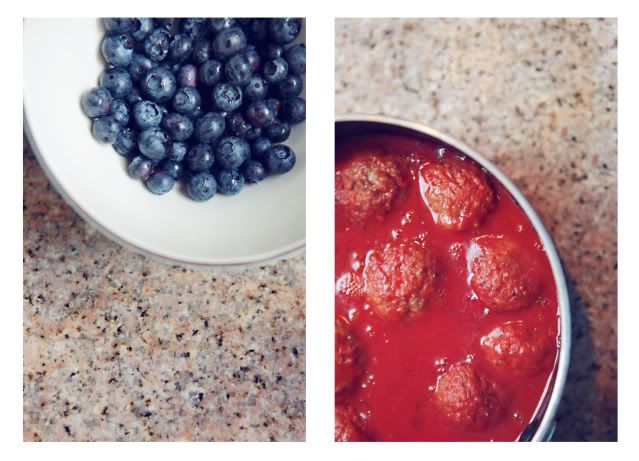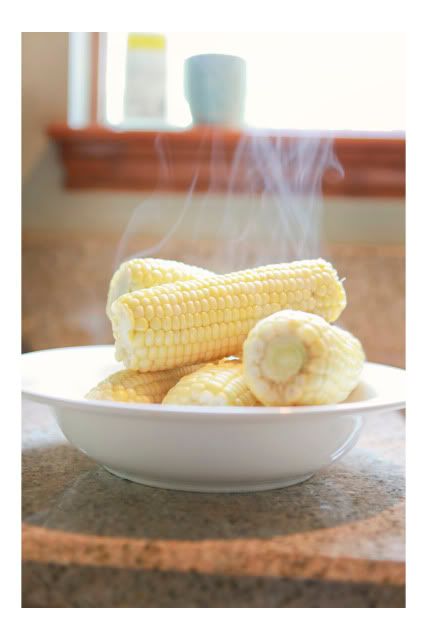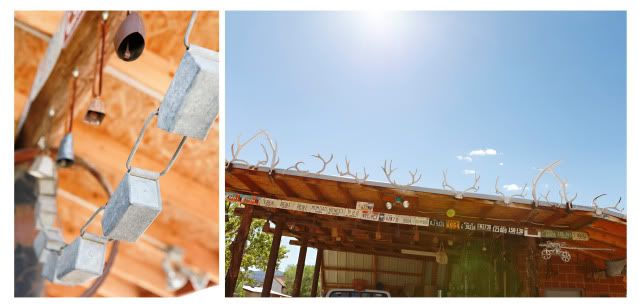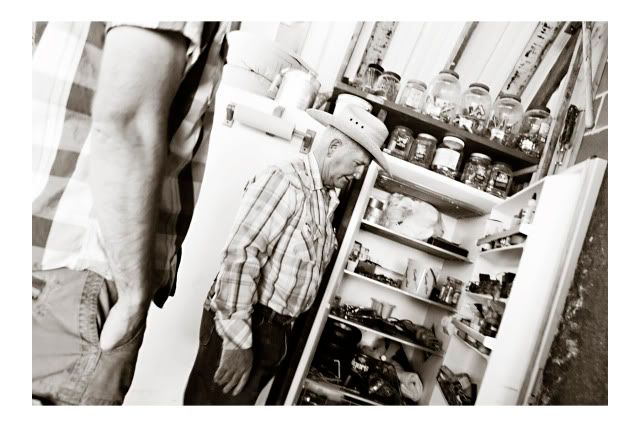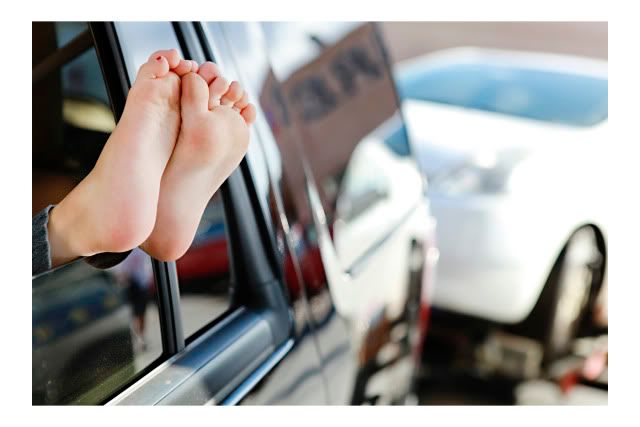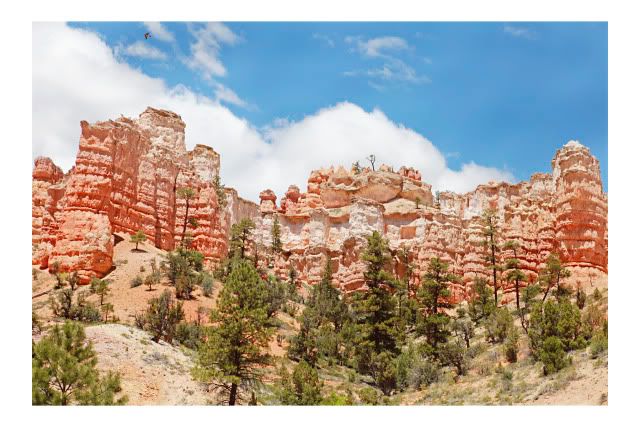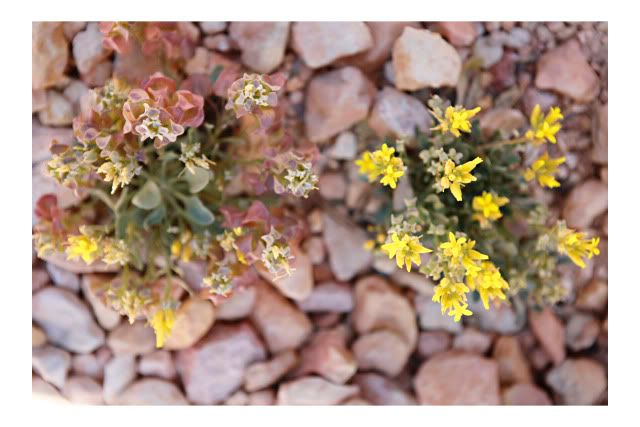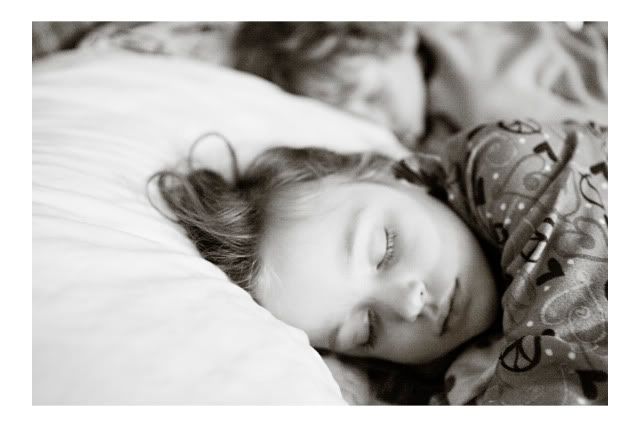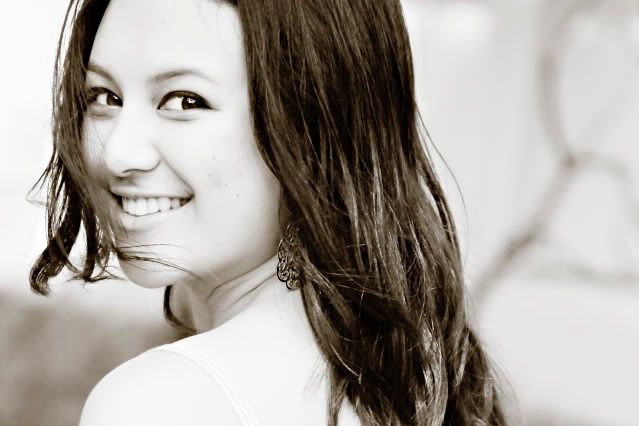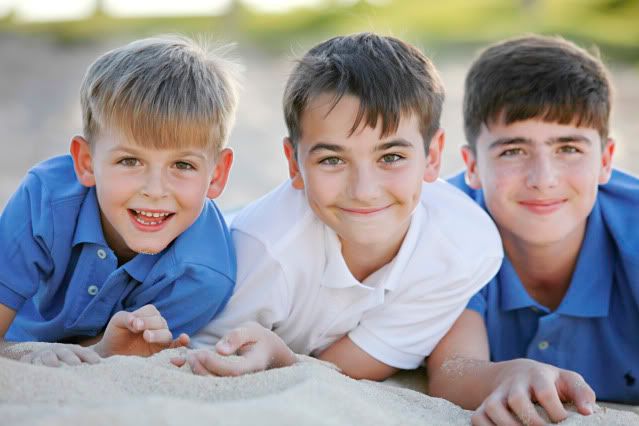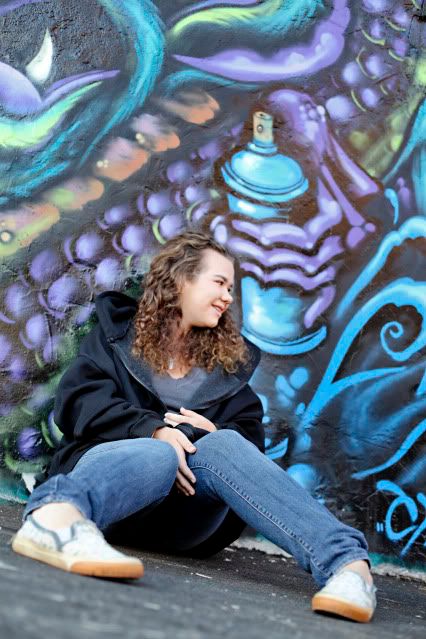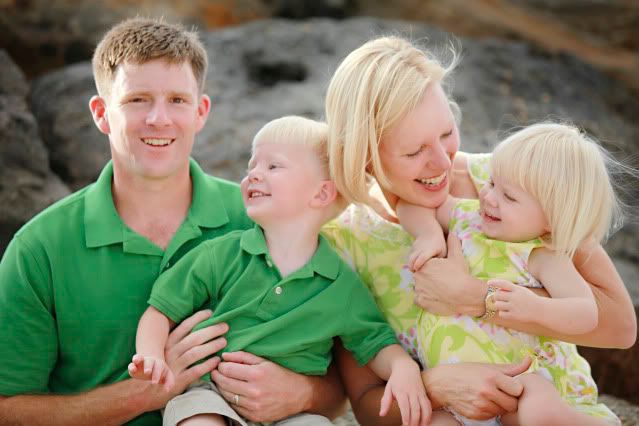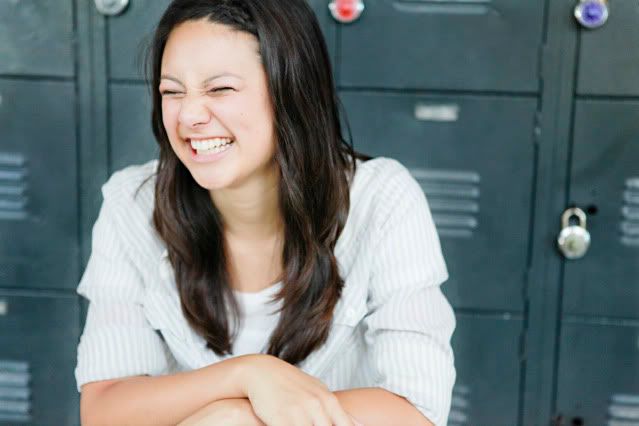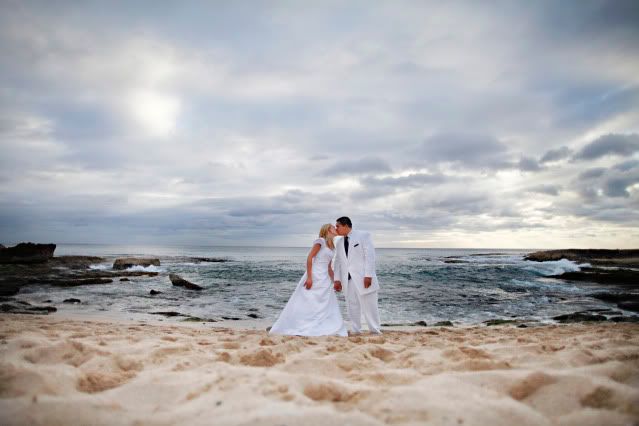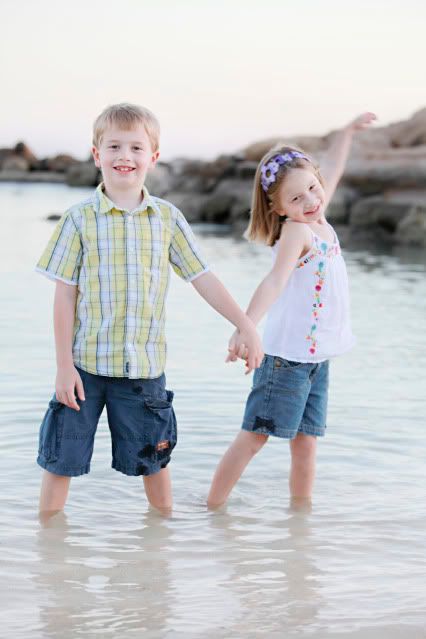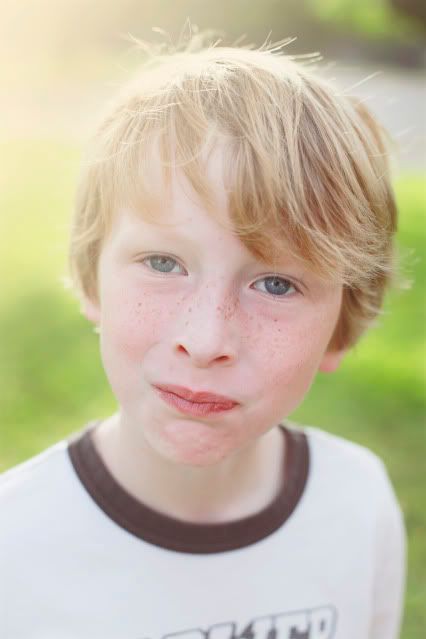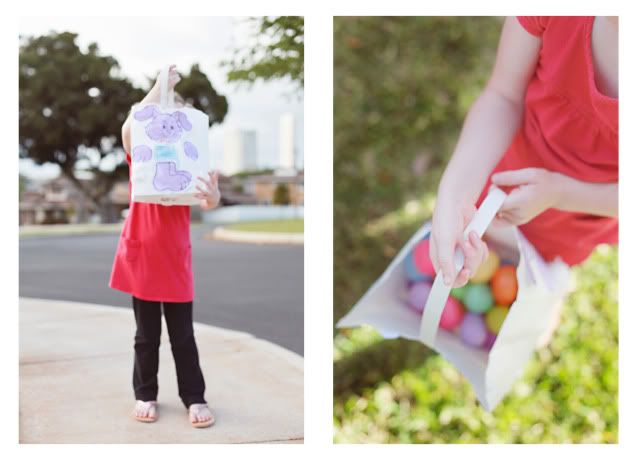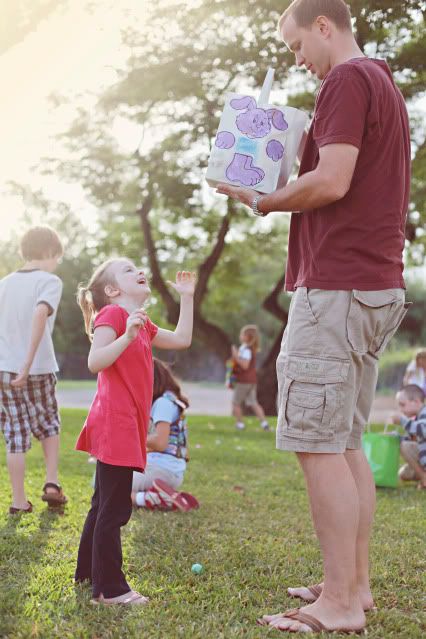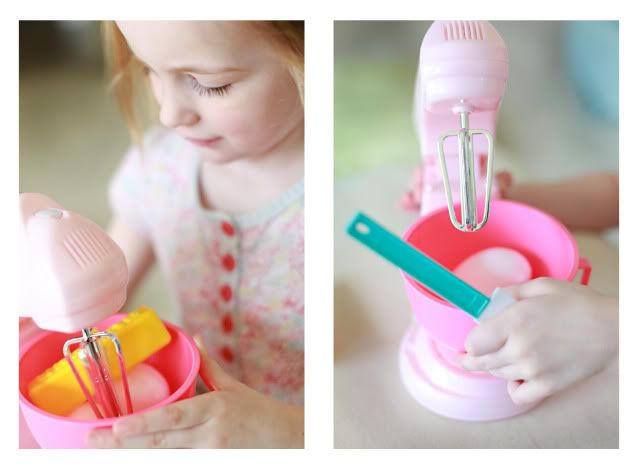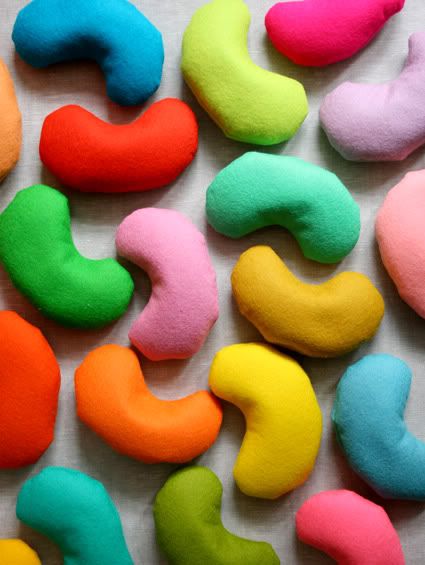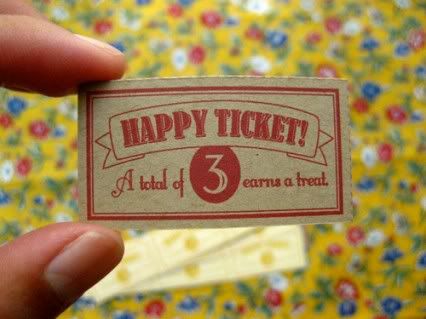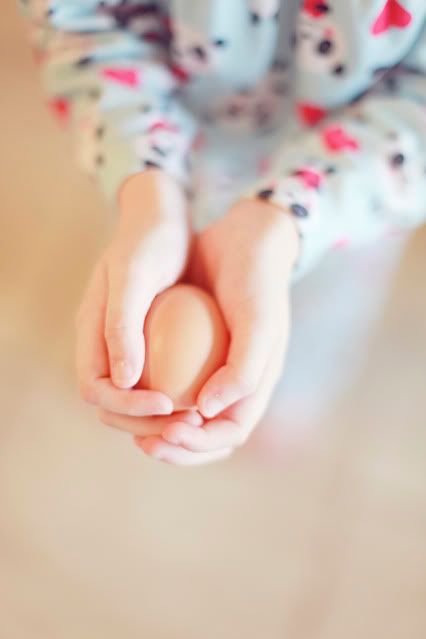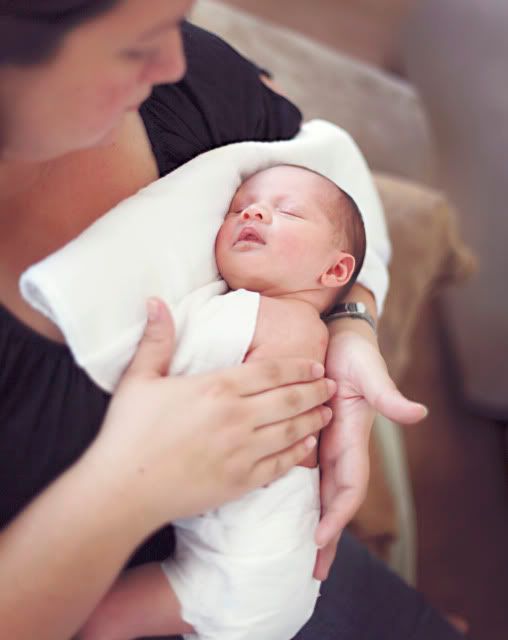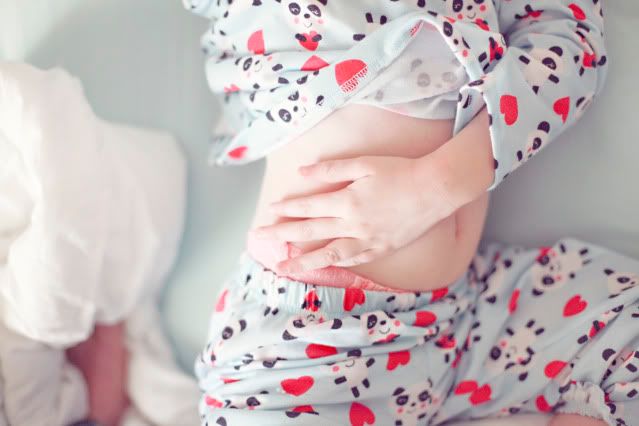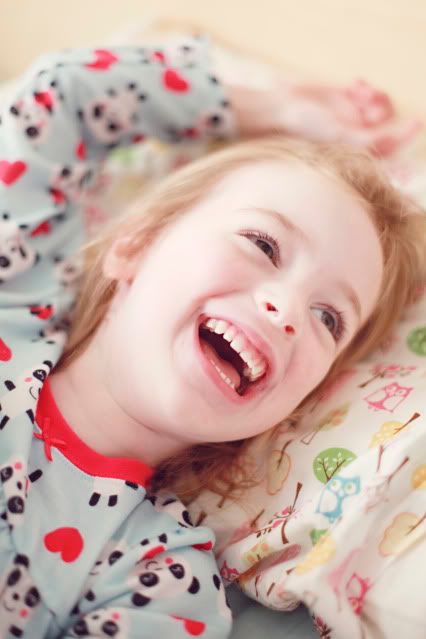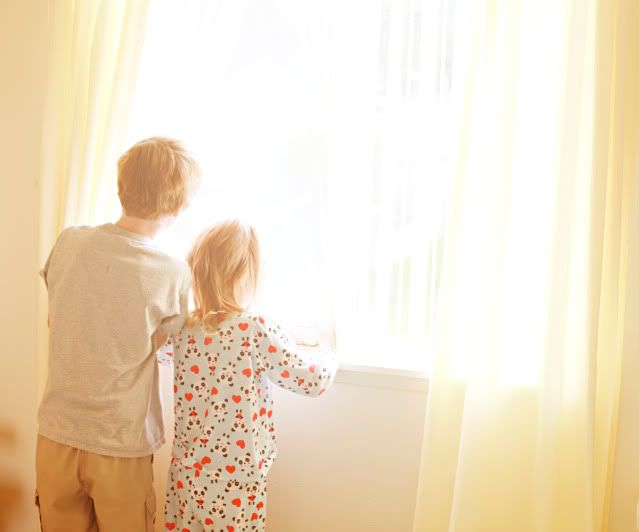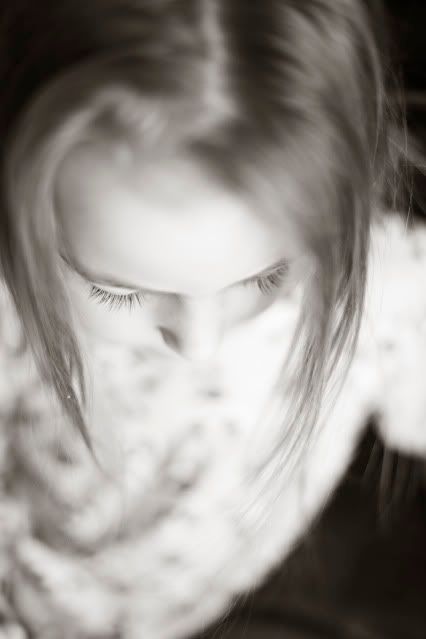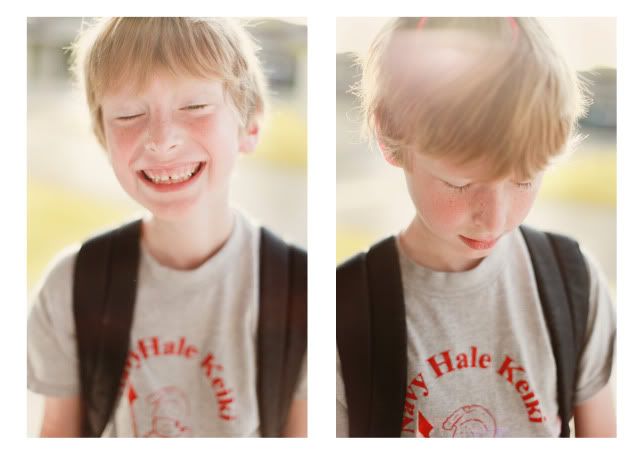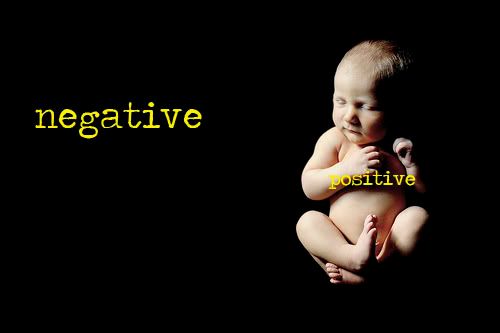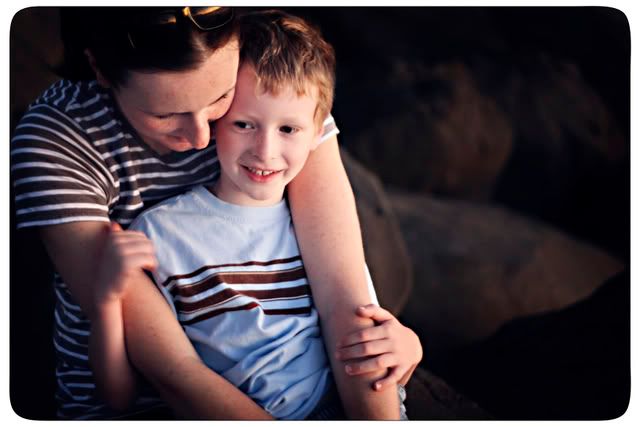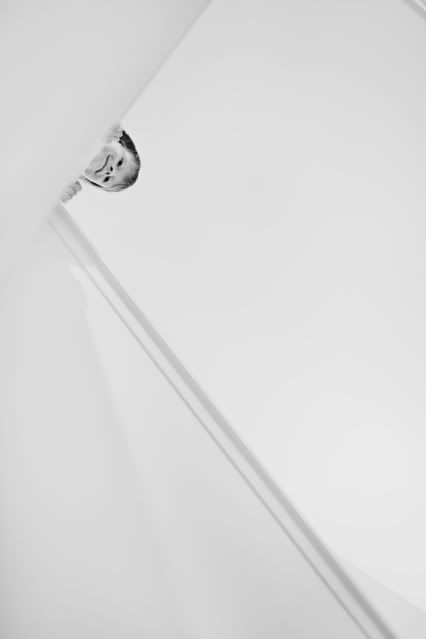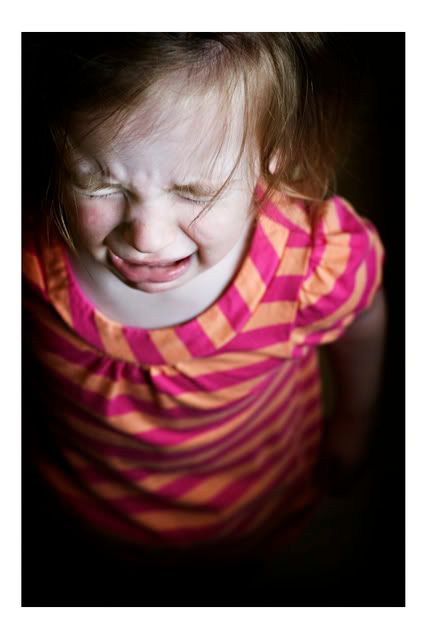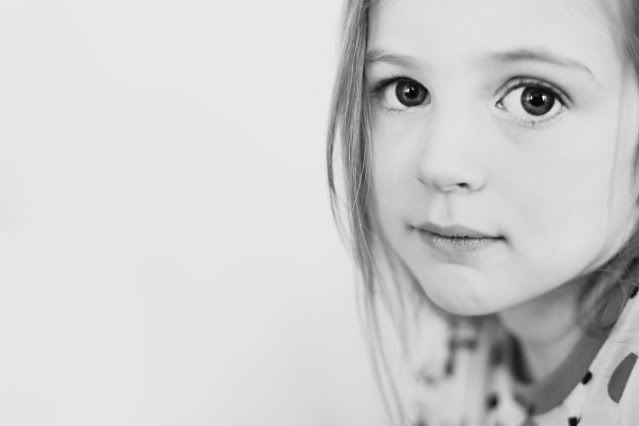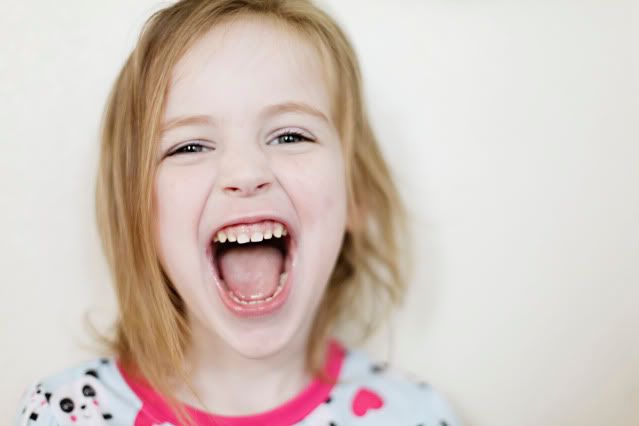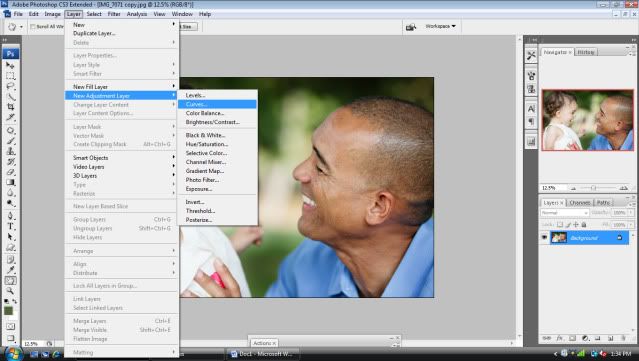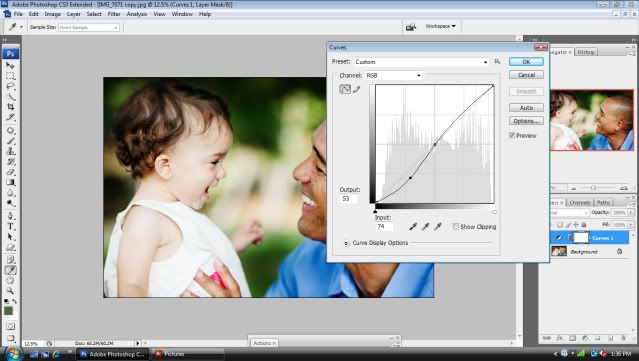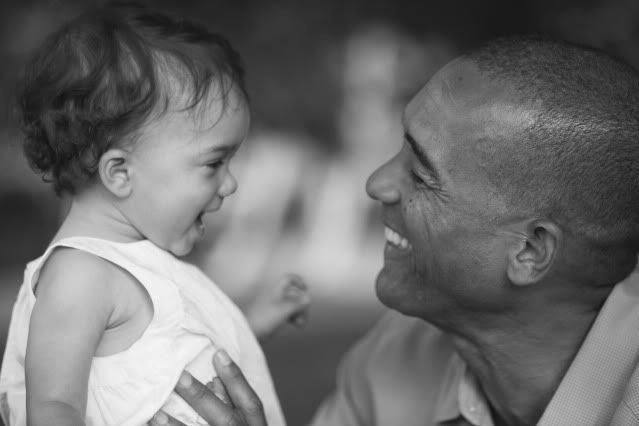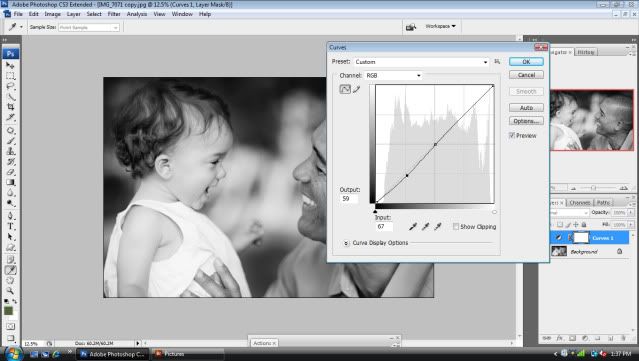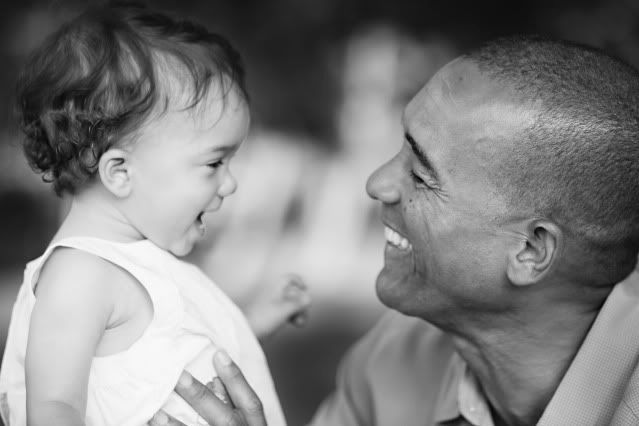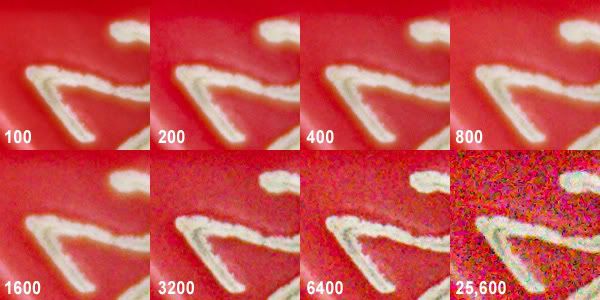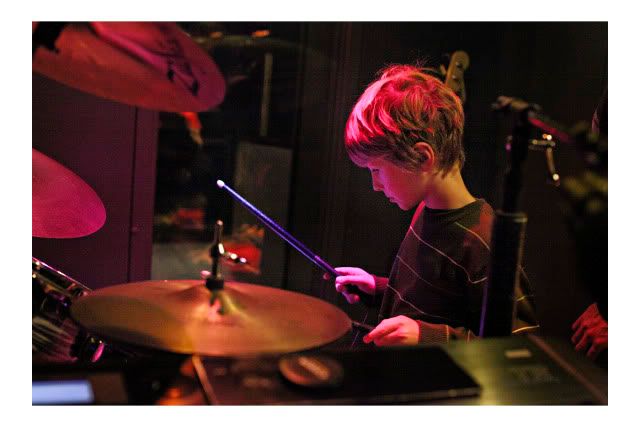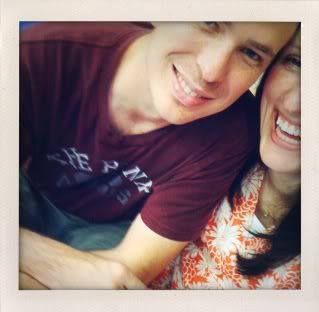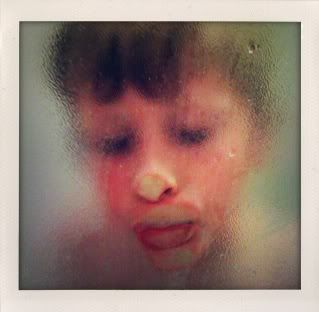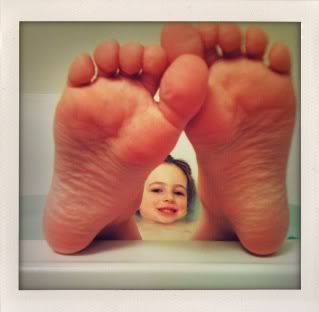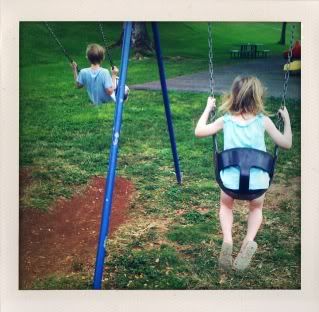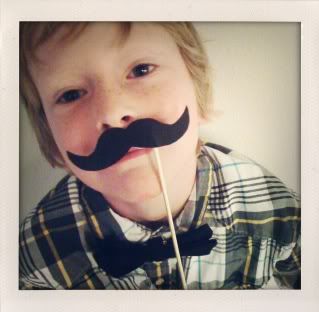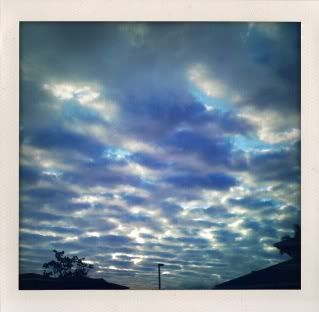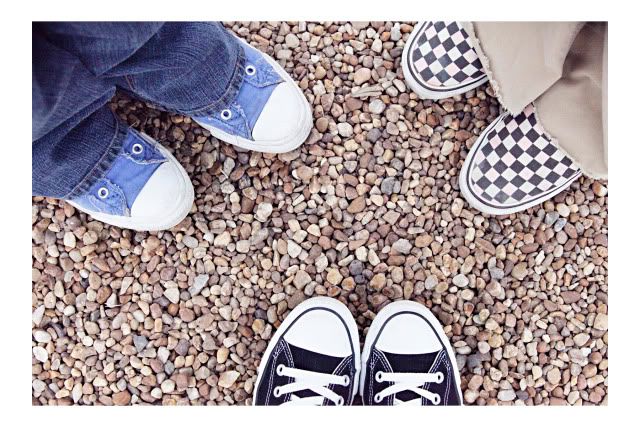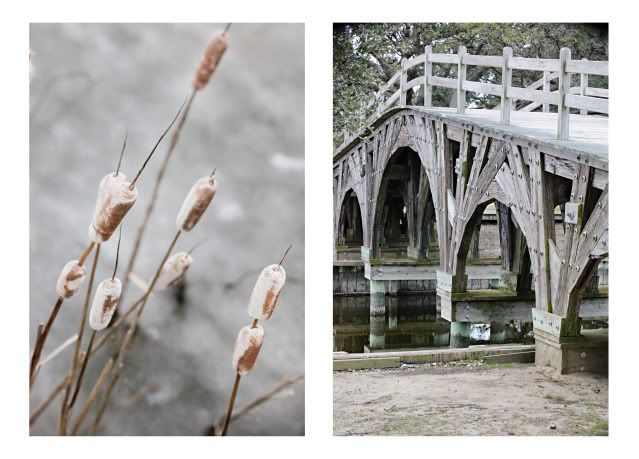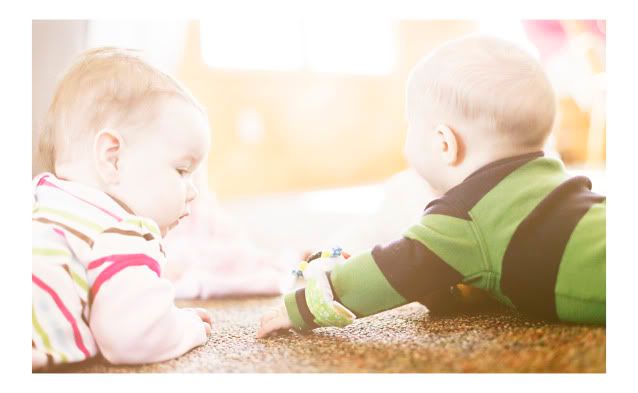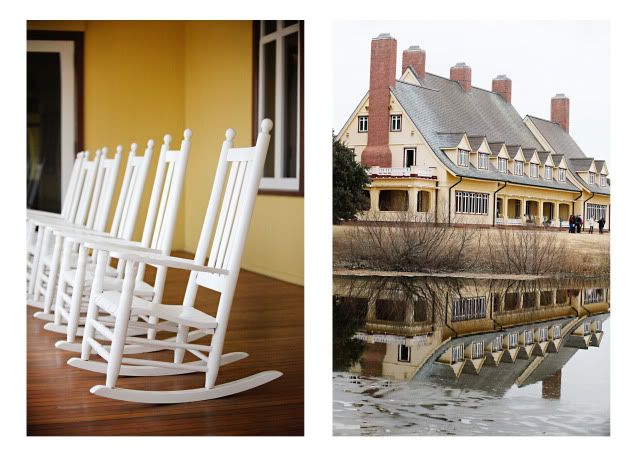At Bad Girls Weekend I was asked several questions about photography. I took several notes of questions some of the woman had and
hopefully will start doing Photo Friday again to answer them.
Fingers crossed.Today: LensesPeople email me all the time about camera recommendations. I usually tell new-er photographers to grab a
Canon Rebel XTi but stress that your lenses are really a more important part of your camera. Most of the time the lenses that come as part of a camera kit are crap--I recommend buying the camera body by itself and then adding lenses.
So how do you pick a good lens? First, you have to think of what you'll be shooting. Do you want to shoot your kids playing outside on the playground? A newborn snuggled up? A flower garden begging for a close-up? Once you know what you want to shoot, it's easy to pick a lens based on focal length (
how much you can zoom in) and aperture (
how blurry you want the background to be) Don't zone out on me--I'll explain!
Focal LengthEvery lens has a focal length. That is how close or far away from your subject you can shoot. Grab your camera and look at the lens - on the front where the glass is, there are some numbers and the letters mm.
If your lens has two numbers, like 18-55mm, that means it's a "zoom" lens. With a zoom lens, you can shoot things close to you and farther away. Many beginning lenses--especially if you got it with a kit--are zooms.
If it has just one number, like 50mm, that's called a "prime" lens. I love to shoot with prime lenses, mostly because they make me move around and I get new and different angles than if I shoot with a zoom. You can't zoom in and out, but that's what your feet are for!
ApertureAperture is one of those things that scares people! It sounds confusing but it's really not that tough to figure out. Trust me, if I can do it--you can do it!
Apertures are the same thing as F-Stops, so if you see an F before a number (like F8), we're talking about your aperture. The simplest way to explain apertures is this: the smaller the aperture number, the blurrier your background will be. The bigger the aperture number, the more in focus everything will be.
Think about what you want to shoot. Do you want a photo of your baby's toes, up close with the background blurry? Set your aperture on it's lowest number and zoom in close. Are you trying to take a photo of all the kids and the dog in front of your house? Set the aperture on a higher number to keep it all in focus.
An exercise: Change the dial on your camera to A or AV mode and change the aperture to the lowest number it will let you (check out your camera manual on how to do this) Shoot something still and see how it looks. Now change your aperture to a bigger number and shoot a few more. See how everything looks more in focus? Play with it and you'll start to understand it better!
A fantastic lens is the
Canon 50mm (
focal length) 1.8 (
aperture) which is around 100 dollars! Nikon makes a
50mm too!
I use my 50mm 1.8 all the time! See in the picture of Kate below--just part of the picture is in focus? That's the 1.8 aperture. If I would have had it at a higher aperture (like 4 or 6) more of her body and background would be in focus.
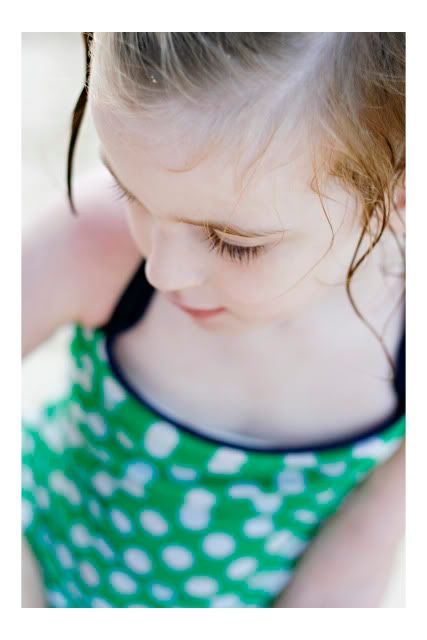
Does that help at all? If you have any other lens questions, I'll answer them in the comments!
